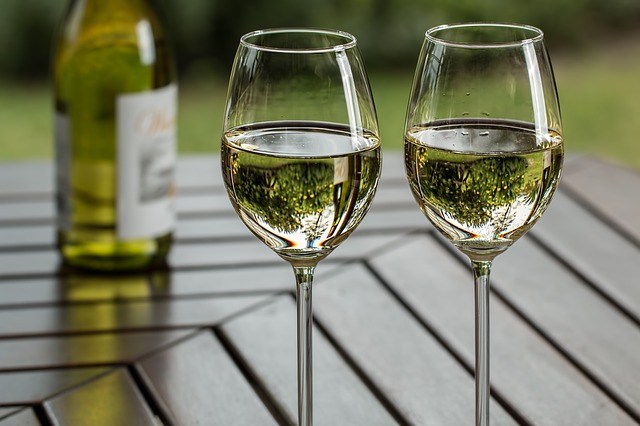Wine is booming in Belgium, as more and more growers in the country join in.
Acreage for Vineyards has increased from 150 to 550 hectares in Belgium in the last ten years, and 1.5 million litres of new wine flowed from the region, according to VRT.
Soon, over 350 people will be coming together for a virtual wine symposium, including 154 professional winegrowers.
“A large proportion of them are semi-professional like me,” said Lodewijk Waes from the non-profit organisation Belgisch Wijnbouwers (Belgian Winegrowers), who is a lawyer by trade.
“One in five is really professional, that is, with an area larger than five hectares.”
View this post on Instagram
"Our wealth, our land!" reads the caption on this Instagram post by Domaine du Chant d’Éole, which won 'Best Bubbles in the World' in a 2019 international competition.
There are a few reasons why winegrowing is becoming more popular, including a demand for niche agricultural products that fetch a good price. The number of farmers leaving the industry is also rising, leaving investors with opportunities to purchase land for vineyards.
But gaining a foothold in such a niche - and crowded - market isn’t easy. Growers have to offer excellent quality wine that can only come from expert knowledge in cultivation.
Related News
The Belgian Winegrowers organisation seeks to help with this. With over 100 members, they represent 85% of Belgian winegrowers, and organise training courses and provide assistance to those involved in the still-young sector.
Belgian wines have won prizes in international competitions. The Chant d’Éole, from an estate in Quévy, south of Mons in Wallonia, won the gold medal for “Best Sparkling Wine” at the London Wine Competition. As such, the vintner proudly declares itself “Best Bubbles in the World.”
Europe has also given nine regions in Belgium special designation as protected wine regions, and experts think this is only the beginning for wine in Belgium, especially when looking at how the sector has evolved in Germany, northern Italy, Austria, and Luxembourg.
“The momentum is there to join forces and share the knowledge,” said Marc De Loose of the Research Institute For Agriculture, Fisheries And Food (ILVO) in Flanders.

